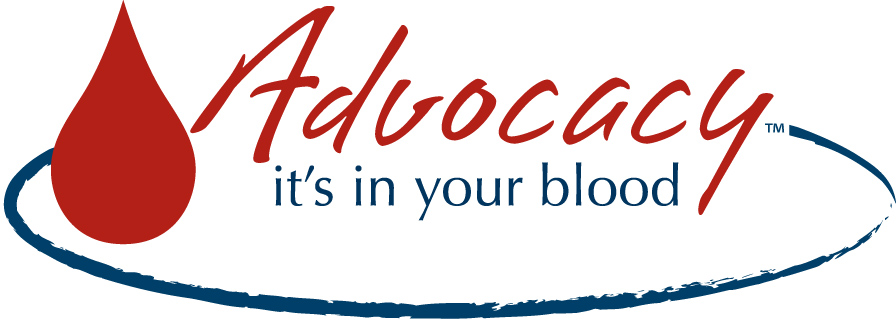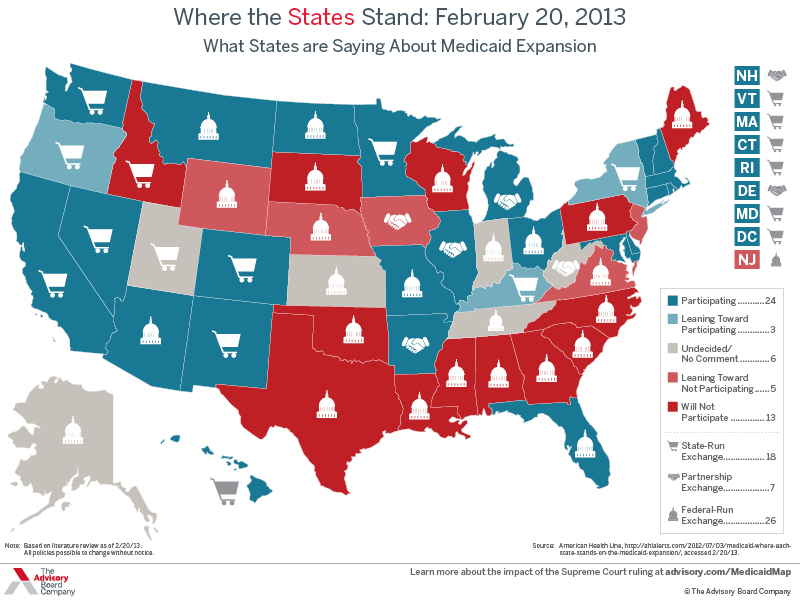
The Medicaid program is a federal and state partnership to provide health insurance for those who are financially and medically needy. It is a vital safety net in our health care system. Federal law sets a baseline of eligibility categories for states to follow, but states have the flexibility to cover above that baseline by applying for a waiver from the Centers for Medicaid and Medicare Services (CMS) to expand health coverage. Children are one of the main groups that states have sought to expand coverage to.
Originally, the Affordable Care Act (ACA) called for a mandatory expansion of the Medicaid program for all individuals up to 133% of the federal poverty level (FPL). However, the Supreme Court ruled this past summer that states cannot be mandated to expand eligibility or face financial penalty. This ruling essentially made expansion an option for states. If a state chose to expand the program, they would receive the matching funds that come with expanded coverage. The Congressional Budget Office (CBO) predicted that 11 million Americans would have gained coverage by 2022 through mandatory Medicaid expansion.
HFA recognizes the potential benefit of Medicaid expansion to the bleeding disorders community. Optional expansion has the potential to leave many low income adults without health insurance. Adults with incomes between 100% and 138% FPL will be eligible for subsidies to purchase health insurance through the health insurance exchanges beginning in 2014, but those with incomes below 100% FPL will not be eligible to receive subsidies to purchase insurance in the exchange.
This may lead to the following scenario: a childless adult that has an income 95% of FPL and lives in a state where their income needs to be 85% of FPL to be eligible for Medicaid would potentially go without insurance. Their income is too high for Medicaid and too low to qualify for subsidies in the health insurance exchange. It is also important to note that in 40 states, childless adults cannot currently qualify for Medicaid, regardless of their income level.Â
States are now weighing in on whether or not to expand Medicaid under the ACA. Some states have expressed concern that expanding Medicaid to more adults poses great fiscal challenges. Others raise concerns about the federal government’s ability to permanently maintain their fiscal commitment. 
What you can do to promote Medicaid expansion in your state:
• Do your research on your state’s Medicaid program. Research coverage options and eligibility guidelines. This will help you gain a full understanding of how the program works for your state.
• Explain to your state legislators and executive branch how important Medicaid is to the bleeding disorders community in your state. Be prepared with data on how many people with bleeding disorders are currently on Medicaid and how many more could potentially benefit.
• Advocate for the long haul. Medicaid expansion may not happen immediately in your state, but could very well happen in the near future. Keep up the pressure on state decisions makers.
 Article written by Eboni Morris, Former Public Policy Director of HFA



